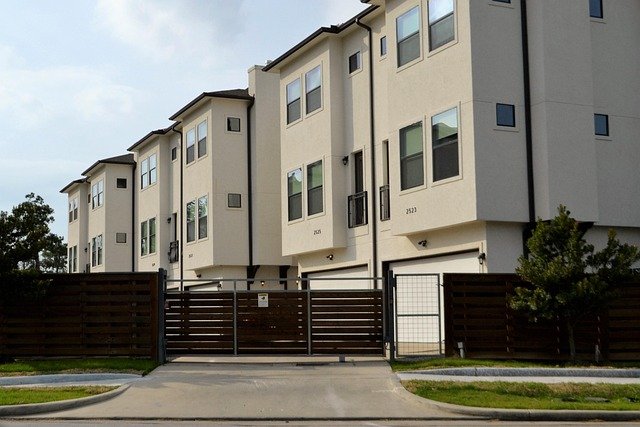Affordable Apartments for Seniors: A Guide to Finding the Perfect Housing Option
Senior apartments provide a vibrant living option for older adults seeking a low-maintenance lifestyle and enhanced community engagement. Catering to those aged 55+ or 62+, these residences blend independent living with tailored amenities. From diverse apartment types and pricing to comprehensive living options and levels of care, understanding this landscape can guide seniors to optimal housing choices.

What Are the Main Types of Senior Apartments Available?
Senior apartments generally fall into several distinct categories. Independent living communities cater to active seniors who can live autonomously but want maintenance-free living. Assisted living apartments provide additional support with daily activities. Age-restricted communities typically require residents to be 55+ or 62+ and offer various amenities tailored to senior lifestyles. Some properties also feature garden-style units, high-rise buildings, or cottage-style homes within larger retirement communities.
How Do Senior Apartment Pricing Structures Work?
Senior housing costs vary significantly based on location, amenities, and level of care provided. Most communities offer multiple payment options:
-
Monthly rental payments
-
Buy-in or entrance fee models
-
Income-based sliding scale fees
-
All-inclusive packages
-
À la carte service options
| Housing Type | Average Monthly Cost | Typical Inclusions |
|---|---|---|
| Independent Living | £1,500-£3,000 | Utilities, maintenance, basic amenities |
| Assisted Living | £2,500-£4,500 | Above plus care services, meals |
| CCRC | £3,000-£6,000 | Comprehensive care, amenities, activities |
Prices, rates, or cost estimates mentioned in this article are based on the latest available information but may change over time. Independent research is advised before making financial decisions.
What Are All-Inclusive Living Options for Seniors?
All-inclusive senior living communities bundle housing costs with various services and amenities. These typically include:
-
Utilities and maintenance
-
Daily meals and dining services
-
Housekeeping and laundry
-
Transportation services
-
Social activities and entertainment
-
Basic healthcare monitoring
-
Emergency response systems
Which Affordable Housing Programs Are Available for Seniors?
Several government and non-profit programs help make senior housing more affordable:
-
Housing Benefit for pensioners
-
Shared Ownership schemes
-
Social housing options
-
Charitable housing associations
-
Council housing priority schemes
-
Retirement housing assistance programs
How Do Continuing Care Retirement Communities (CCRCs) Work?
CCRCs provide a complete continuum of care, allowing residents to age in place as their needs change. These communities typically offer:
-
Independent living apartments
-
Assisted living services
-
Nursing care facilities
-
Memory care units
-
On-site medical support
-
Lifetime care guarantees
What Should You Consider When Choosing Senior Housing?
Key factors to evaluate include:
-
Location and accessibility
-
Current and future care needs
-
Community atmosphere and social opportunities
-
Financial sustainability
-
Available amenities and services
-
Contract terms and conditions
-
Healthcare access and support options
When selecting senior housing, carefully assess both immediate needs and potential future requirements. Consider taking advantage of trial stays or visits to experience the community firsthand. Financial planning and consultation with housing advisors can help ensure the chosen option remains sustainable for the long term.
This article is for informational purposes only and should not be considered medical advice. Please consult a qualified healthcare professional for personalized guidance and treatment.




